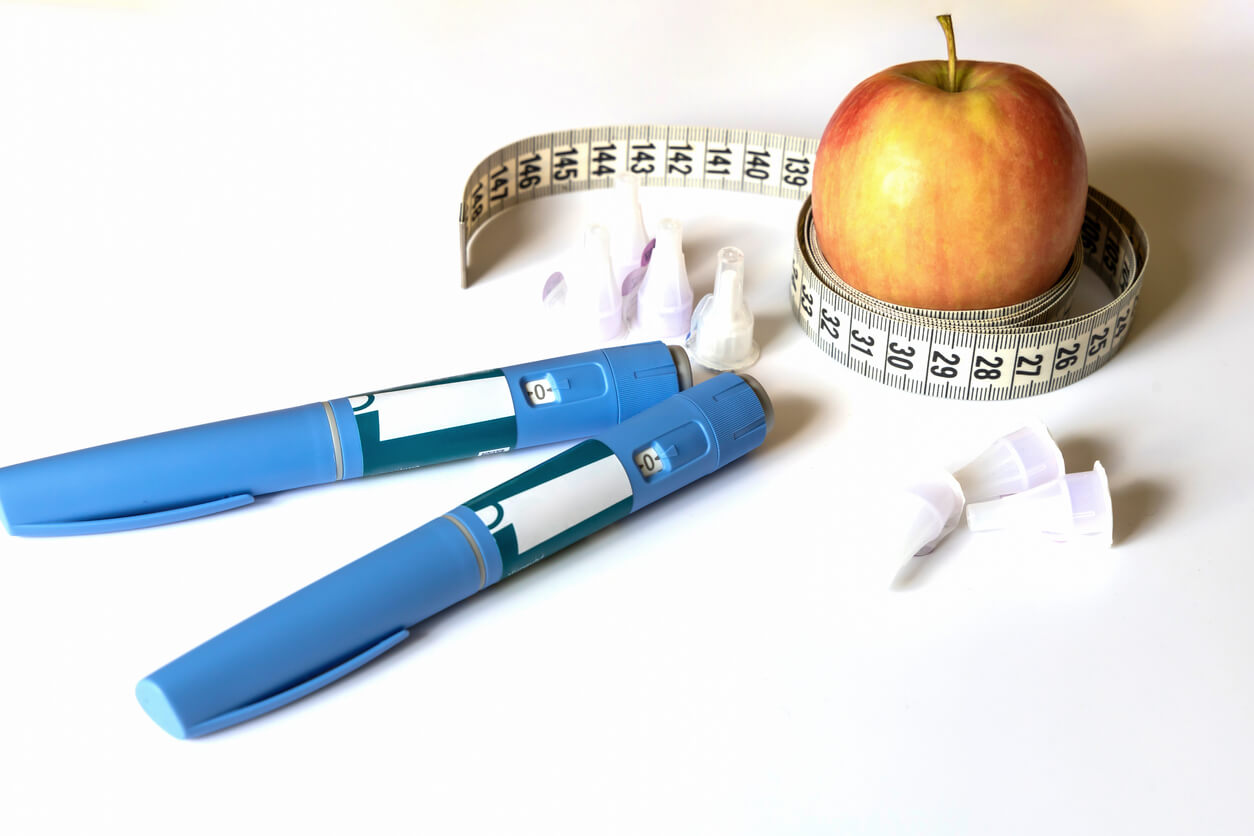Poison Centers Report 15-Fold Increase in Calls for Ozempic and Other Weight Loss Drug Accidental Overdoses
Editors carefully fact-check all Consumer Notice, LLC content for accuracy and quality.
Consumer Notice, LLC has a stringent fact-checking process. It starts with our strict sourcing guidelines.
We only gather information from credible sources. This includes peer-reviewed medical journals, reputable media outlets, government reports, court records and interviews with qualified experts.

Poison control centers are seeing a rapid rise in calls related to accidental overdoses from the weight loss and Type 2 diabetes drug semaglutide.
Reports include brand name drugs Ozempic and Wegovy, as well as compounded injectable versions of the drug. America’s Poison Control Center reported about 3,000 calls from January to November 2023 — about a 15-fold increase from 2019, according to CNN.
“Oftentimes, it’s a person who maybe accidentally took a double dose or took the wrong dose,” Dr. Kait Brown, clinical managing director of America’s Poison Control Centers, told CNN.
People who called in reported accidental overdoses and dosing errors that led to digestive symptoms such as vomiting, nausea and stomach pain. Some people ended up in the hospital, though many symptoms resolved after IV fluids and anti-nausea medication.
Ozempic is only approved for Type 2 diabetes, but doctors may prescribe the drug off-label for weight loss, while Wegovy is FDA-approved for weight loss and not to treat Type 2 diabetes. Both drugs contain the active ingredient semaglutide.
Experts Say To Use Compounded Semaglutide with Caution
Though they received calls from people who took brand-name drugs, poison centers say that many of the calls came from people who took compounded versions of the drug. These versions often come in multidose vials that may be confusing to inject in the correct dose.
“This is where we see a lot of errors. They end up drawing too much,” Dr. Joseph Lambson, director of the New Mexico Poison and Drug Information Center, told CNN.
Compounded versions of the popular weight loss drug began to hit the market after increased demand led to shortages. According to the FDA, most dose strengths of Wegovy and some strengths of Ozempic have been in short supply since March 2022.
Consumers are drawn to compounded versions because they are cheaper than brand-name drugs, but these versions aren’t without their risks. In October 2023, the FDA warned consumers against using compounded semaglutide after it received reports of adverse events.
“Some manufacturers compound this medication with different salt forms of the drug that were not part of the research studies,” pharmacist Dr. Neisha Hacker-Finey told Consumer Notice in an email. “The FDA-approved brands Ozempic and Wegovy are dispensed in pens with a dial which makes it easier to measure the correct amount of medication needed to inject.”
Hacker-Finey’s tips for ensuring safe use of semaglutide include:
- Having a detailed visual teaching session with your provider.
- Watching a demonstration on how to withdraw the correct amount of medication from the vial.
- Having a bystander with you to ensure accurate administration and dosing.
Ozempic will be in short supply until at least the end of 2023, while the FDA doesn’t know when Wegovy supplies will be out of shortage status, according to the Current and Resolved Drug Shortages and Discontinuations Reported to the FDA.
Ozempic Side Effects Could Lead to Thousands of Lawsuits
Even when people take brand-name semaglutide drugs such as Ozempic and Wegovy as directed, there is a risk of side effects. Other drugs that work similarly, such as Mounjaro and Rybelsus, can also cause the same side effects. People typically experience gastrointestinal events, such as nausea, vomiting and stomach pain.
However, some people who took these drugs ended up reporting severe gastrointestinal problems, such as vomiting for weeks or months, gastroparesis, intestinal blockages and ileus that led to hospitalization. Some of these people filed Ozempic lawsuits against Novo Nordisk, claiming they were never properly warned.
Similar drugs, such as Eli Lilly’s Mounjaro, are also named in lawsuits.
These lawsuits are in the early stages, but lawyers expect the litigation could grow into tens of thousands of cases and end up in multidistrict litigation, said Morgan & Morgan attorney Jonathan Sedgh. So far, plaintiff’s lawyers are pushing for an MDL in Louisiana.